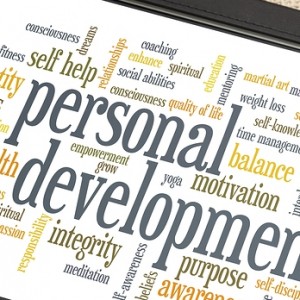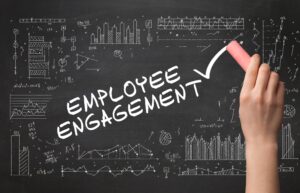
The Leadership Paradox: Self-Awareness First
It seems not many business leaders have great self-awareness. In today’s fast-paced business world, it’s hard to take time for reflection and introspection. But if

It seems not many business leaders have great self-awareness. In today’s fast-paced business world, it’s hard to take time for reflection and introspection. But if

In all my years working in organizations coaching some pretty smart leaders, I’ve found one thing that separates the great bosses from the good-enough bosses:

In Professor Carol Dweck’s book Mindset: The New Psychology of Success, a growth mindset is described as a desire to always be learning and becoming

In my previous post, I told you that self-awareness is improved through looking at your life stories. If you want greater awareness of your leadership

There’s no doubt in my mind that self-awareness is key to becoming a leader. You can’t influence other people unless you can demonstrate through your

The stories we tell about our experiences shape who we are and who we are becoming, perhaps even more so than the experiences themselves. We

Do you listen to yourself talk? What stories do you make up? You can learn a lot about yourself if you can detach enough to

Many employees long for leaders who can solve workplace problems—from flawed systems and procedures to inconsistent policies and managers. They want their leaders to see

An organization’s health is only as sound as its leader’s decisions. Some companies prosper from wise leadership directions, while others struggle after flawed choices—choices that

How a leader responds to adversity reveals how effective that leader truly is. Reactions to setbacks or crises not only test leadership character but define

Business is an active, demanding endeavor. Only those who consistently apply themselves succeed. Organizations that thrive require leaders who actively dream, plan, engage, solve, pursue,

Surveys and studies indicate global job dissatisfaction is at a two-decade high. Disengaged employees account for nearly 70 percent of the workforce, which significantly affects







